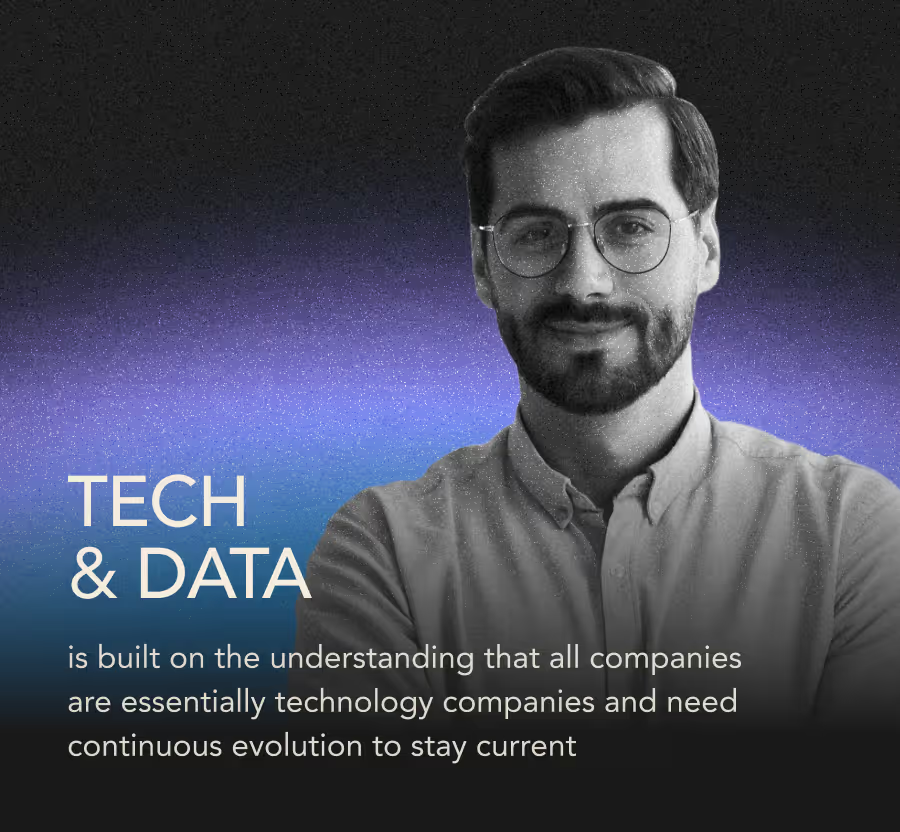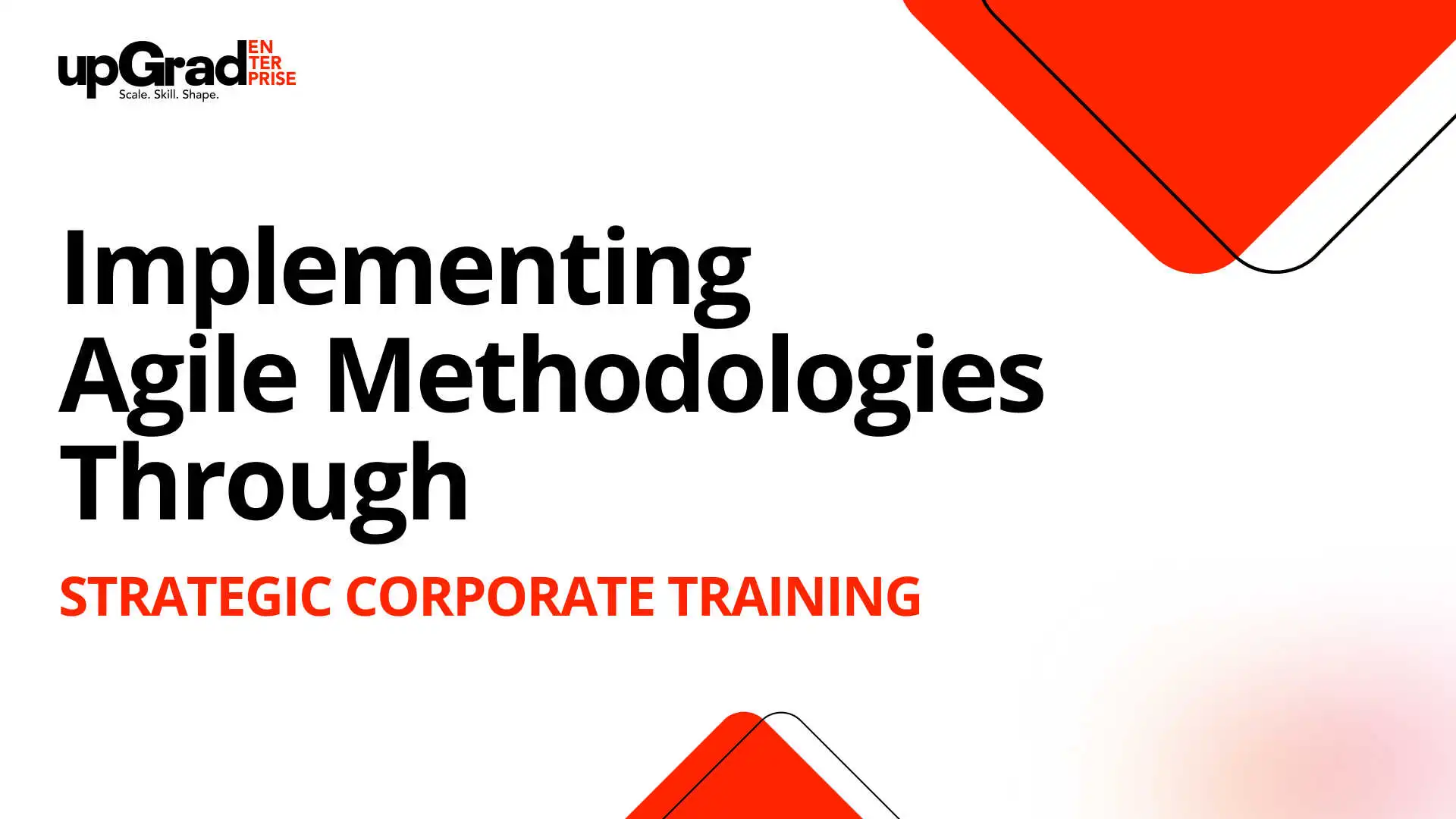In today’s rapidly evolving business landscape, Agile is no longer just a tech framework—it’s a strategic mindset driving enterprise resilience and innovation. As digital transformation accelerates, organizations are under pressure to respond to market shifts with speed, collaboration, and customer-centricity. However, embedding Agile principles across departments requires more than just process changes—it demands a cultural shift enabled by targeted corporate training.
This is where Agile Corporate Training becomes a game-changer. Designed to align employees with Agile values and practices, it empowers cross-functional teams to break silos, embrace iterative workflows, and deliver continuous value. But success lies in doing it strategically—with programs that go beyond theory and drive real behavioral change.
In this article, we explore how strategic Agile training programs, when delivered at scale, can transform your organization’s capability to innovate and adapt. You’ll also discover how upGrad Enterprise supports companies in operationalizing Agile—from top-floor leadership to ground-floor execution.
Why agile is a business imperative today
Agile has moved far beyond its software development roots. In a volatile, tech-driven economy, Agile methodologies enable businesses to respond faster, work smarter, and innovate continuously. For organizations navigating digital disruption, adopting Agile is not just about improving delivery—it's about future-proofing the business.
The shift from traditional to agile models
Traditional management approaches, often linear and siloed, struggle to cope with the speed and complexity of modern markets.
- Waterfall vs. Agile: Waterfall models follow rigid, sequential steps that leave little room for flexibility. Agile, on the other hand, emphasizes adaptability, frequent feedback, and cross-functional collaboration.
- Why it matters: With shorter innovation cycles and changing customer expectations, agility is a competitive necessity—not a nice-to-have.
Real-world triggers accelerating agile adoption
Several industry trends are forcing businesses to re-evaluate static operational models:
- Remote and hybrid workforces have increased the need for flexible, collaborative workflows.
- Customer expectations demand faster rollouts, real-time support, and personalized services.
- Competitive pressure from tech-first startups is pushing enterprises to become more adaptive.
Agile beyond IT—Enterprise-wide applications
Agile is no longer confined to tech departments. Today’s most successful enterprises apply Agile thinking across departments:
- Marketing: Campaigns are tested and iterated rapidly using Agile sprints.
- HR: Agile talent management enables faster hiring, better employee engagement, and continuous feedback.
- Operations & Finance: Agile budgeting and lean management models increase transparency and flexibility.
The role of corporate training in agile adoption
Adopting Agile isn't just a shift in process—it’s a transformation in mindset, culture, and behavior. That’s where Agile Corporate Training becomes essential. Without structured, role-relevant learning experiences, organizations risk implementing Agile in name only, leading to misalignment, resistance, and failed transformations.
Common roadblocks in agile implementation
Despite its benefits, many Agile transformations falter due to lack of foundational training and stakeholder alignment:
- Misunderstanding of Agile principles leads to superficial adoption—teams follow rituals (standups, sprints) without embracing core values like transparency or iteration.
- Resistance from leadership or teams when roles and responsibilities aren't clearly defined.
- Lack of cross-functional collaboration due to siloed structures and limited shared vocabulary.
Insight: According to a McKinsey survey, 70% of Agile transformations fail to meet business goals due to insufficient capability-building at all levels.
Why training is critical for agile success
Strategic Agile training ensures that everyone—from senior leaders to delivery teams—understands their role in the transformation.
- Mindset shift: Moves teams from “following Agile practices” to “thinking Agile.”
- Skill-building: Equips employees with practical knowledge of frameworks like Scrum, SAFe, and Kanban.
- Consistency: Establishes a common language across departments to break silos and drive synchronized efforts.
Building agile fluency at every level
Agile training isn't one-size-fits-all. Different roles require different types of enablement to drive enterprise-wide adoption.
Executive buy-in
- Training focus: Agile as a business strategy
- Learning topics: OKRs, value-stream mapping, lean budgeting
- Format: Immersive workshops, strategic simulations
Team enablement
- Training focus: Collaboration, sprint execution, retrospectives
- Tools: Jira, Confluence, digital Kanban boards
- Format: Hands-on labs, sprint planning exercises
Role-specific mastery
- Scrum Masters: Coaching, conflict resolution, team facilitation
- Product Owners: Backlog prioritization, stakeholder alignment
- Agile Coaches: Change management, scaling frameworks
Designing a strategic agile corporate training program
To embed agile at scale, corporate training must be intentional, outcome-aligned, and rooted in business impact. upGrad Enterprise delivers exactly that—strategically designed agile learning solutions that go beyond certification and drive measurable change across roles and departments.
Aligning training objectives with business outcomes
upGrad Enterprise begins every program by co-defining success metrics with stakeholders—ensuring every training initiative ladders up to enterprise priorities.
- Agile outcomes we target:
- Accelerated time-to-market
- Enhanced inter-team collaboration
- Greater customer value delivery through continuous iteration
- Sample training-aligned KPIs:
- Sprint velocity, release frequency, and cycle time
- Team engagement scores and retention
- Agile maturity assessment benchmarks
upGrad Enterprise’s agile programs are co-created with business leaders to ensure skills translate into execution.
Must-have elements of upGrad’s agile training programs
Every agile training solution by upGrad Enterprise is built to scale, with modularity, flexibility, and behavioral reinforcement baked in.
- Blended, role-based learning paths
- Live virtual masterclasses + self-paced modules
- Tailored tracks for leadership, scrum masters, product owners, and delivery teams
- Tools training in Jira, Trello, and agile retrospectives
- Hands-on agile simulations
- Sprint labs, backlog planning, Kanban board exercises
- Real-world scenarios aligned with your organization’s context
- Mentoring, feedback & certification
- On-the-job support through dedicated mentors
- Industry-recognized certifications upon completion
How upGrad Enterprise powers agile transformation
Agile transformation requires more than a framework—it needs a partner who understands both business and learning. upGrad Enterprise delivers agile corporate training that is deeply integrated with business goals, learning science, and organizational readiness. Whether you’re rolling out agile at a team level or scaling it across global functions, upGrad Enterprise enables a smoother, smarter transition.
Our agile corporate training framework
At the heart of upGrad Enterprise’s approach is a strategic learning model designed to enable long-term agility across the organization.
- Assess: Identify agile maturity levels, role readiness, and organizational learning gaps
- Upskill: Deliver role-specific, simulation-based learning tailored to leadership, product, and delivery functions
- Transform: Reinforce agile behaviors through coaching, post-training assessments, and on-the-job application
The framework ensures that agile transformation is not just a one-time training event—but a business capability that scales.
Key takeaways for HR and L&D leaders
For HR and L&D leaders driving organizational agility, the challenge isn’t just delivering training—it’s orchestrating culture change. Agile corporate training, when designed strategically, can become the lever that aligns mindset, skillset, and business priorities.
Agile training is not optional—it’s strategic
Agile is no longer a niche methodology. It's a foundational approach to how modern organizations operate, compete, and innovate. And like any large-scale change, it needs to be supported by consistent, structured learning.
- Equip employees with the skills and mindset to thrive in uncertainty
- Enable leadership to champion agility at the strategic level
- Build a resilient, adaptive workforce ready for continuous change
Agile training is not just a cost center—it’s an investment in business adaptability and speed.
upGrad Enterprise as your agile learning partner
With a proven track record in enterprise learning and digital transformation, upGrad Enterprise offers more than training—we offer transformation support at scale.
- Tailored programs: Customized to your industry, org structure, and agile maturity level
- Scalable delivery: Designed for teams across geographies and time zones
- Outcome-focused: Every program is mapped to your business KPIs
Final Thoughts
Agile success depends not just on processes, but on people. Empowering teams with the right mindset and skills through strategic training is key to driving real, lasting transformation.
With proven expertise and scalable solutions, upGrad Enterprise helps organizations embed agile at every level—faster, smarter, and with measurable impact.
Partner with upGrad Enterprise to build an agile-ready workforce that drives business growth.
Frequently asked questions
- What is agile corporate training and how is it different from regular training programs?
Agile corporate training focuses on building agile mindsets, skills, and practices across teams and leadership. Unlike generic training, it’s tailored to embed agility into real workflows through role-specific, simulation-based learning.
- Why is agile corporate training important for large organizations?
It helps large enterprises break silos, improve team collaboration, and respond faster to market changes. Strategic training ensures consistent agile adoption across departments, leading to better business outcomes.
- Who should undergo agile corporate training within a company?
Agile training is beneficial for leadership teams, product managers, scrum masters, delivery teams, and even HR or marketing professionals—anyone involved in planning, execution, or collaboration.
- How long does it take to see results from agile corporate training?
Organizations typically start seeing improved collaboration, delivery speed, and mindset shifts within 8–12 weeks when training is aligned with business goals and supported by real-time coaching.
How does upGrad Enterprise deliver agile corporate training?
upGrad Enterprise offers blended learning programs with live expert sessions, self-paced modules, role-based tracks, hands-on sprint simulations, and enterprise-grade reporting to drive measurable impact at scale.









